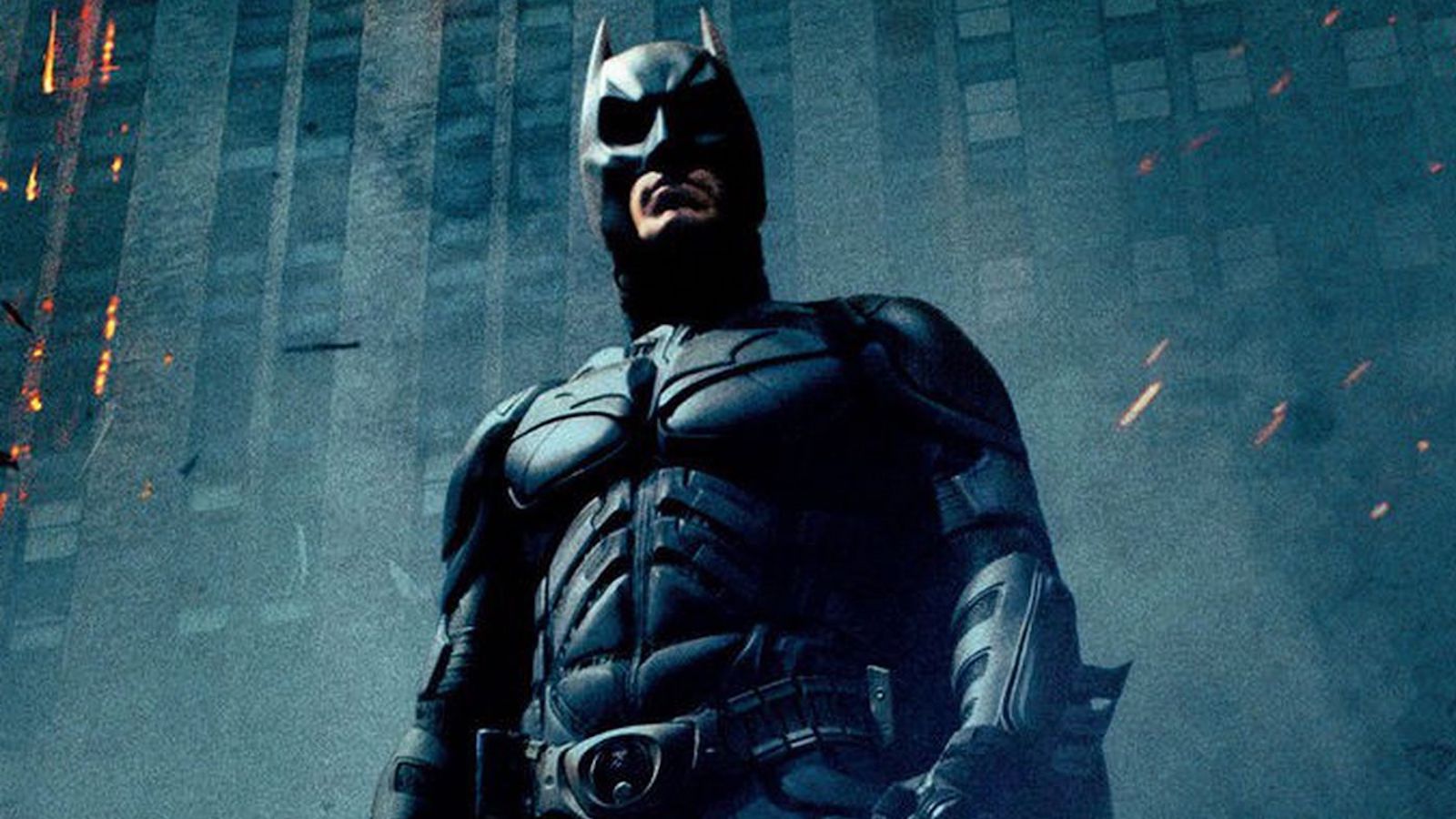Warner Bros.
Since his debut in DC Comics’ May 1939 issue Detective Comics No. 27, Batman has enjoyed a long and storied history on the small screen, from the campy 60s live-action series to the critically acclaimed animated show. But where Batman really flourishes is in cinema.
Article continues after ad
Tim Burton’s iteration of the Caped Crusader and his arch nemesis, Joker, put a darker and more stylized spin on the source material. Then you had Snyder’s controversial take on Bruce Wayne, with the latest being Matt Reeves’ ambitious and gripping noir antihero in The Batman. However, perhaps no iteration of the Batman narrative has been quite so celebrated as Christopher Nolan’s Dark Knight Trilogy.
Notably, the 2008 sequel, The Dark Knight, weaves a labyrinthine tapestry of moral complexity, where Heath Ledger’s Joker serves as a nihilistic maestro orchestrating a symphony of chaos that challenges not just Batman but the very soul of Gotham. It’s widely considered to be the best Batman movie ever made, but however divisive it may be, a different Batman sequel is first place in my personal ranking.
Article continues after ad
As much as it might ruffle a few feathers among the DC/Nolan fandom, I prefer Batman Returns over The Dark Knight – allow me to explain. Cinematically, The Dark Knight is the stronger movie overall; a cohesive plotline, more mature character arcs, and big-budget action sequences. But Tim Burton’s Batman sequel will always be my top choice, as it captures the magic of the franchise.
First and foremost, the aesthetic richness of Batman Returns is unparalleled. The movie is a gothic wonderland; a Burton fever dream of hyper-stylized sets and costumes that transport viewers to a unique universe. Gotham City is a character in itself, its architecture and ambiance proving to be extensions of the story’s emotional core. The set design, full of sweeping curves and shadowy corners, lends itself to the narrative in a way that few superhero movies manage to achieve.
Related:
Top 50 highest-grossing movies of all time
Article continues after ad
Warner Bros.
In comparison, The Dark Knight adheres to a more realistic and gritty aesthetic that, although brilliantly executed, feels somewhat sanitized. It strips away some of the intrinsic whimsy and fantastical elements that make comic book worlds so engaging. Burton’s Gotham feels like a place where anything could happen, while Nolan’s Gotham could almost be any other city on the planet, albeit one plagued by crime and corruption.
Nostalgia also plays a huge factor here. It can be difficult for filmmakers to surpass the love an audience has for certain titles and characters that were introduced to them in their childhoods – just take a look at the Disney live-action movies. For me, Batman Returns was my first experience with the Caped Crusader on the big screen, and it was a seminal experience that left an indelible impression, evoking a sense of loyalty towards Burton’s interpretation.
Article continues after ad
Warner Bros.
But while some movies simply act like a time machine, transporting us to simpler times, Batman Returns never fails to evoke a sense of childhood wonder and fascination thanks to its distinct Burton aesthetic, colorful and complex characters, and rebellious take on the Batman ethos. Even those who didn’t grow up watching Burton’s Batman films might feel a sense of nostalgia when hitting the play button, bolstered by the rich, moody orchestration of Danny Elfman’s score.
Though Burton took some liberties with the source material – as did Nolan, albeit in a completely different manner – there’s a level of richness to the characters which, coupled with impeccable casting choices, personally makes them the most memorable. Let’s get this straight: Heath Ledger’s portrayal of the Joker in The Dark Knight is iconic, there’s no denial there. But his Joker is a force of chaos that exists somewhat separately from Christian Bale’s Batman, pulling the strings from the background.
Fewer Ads

